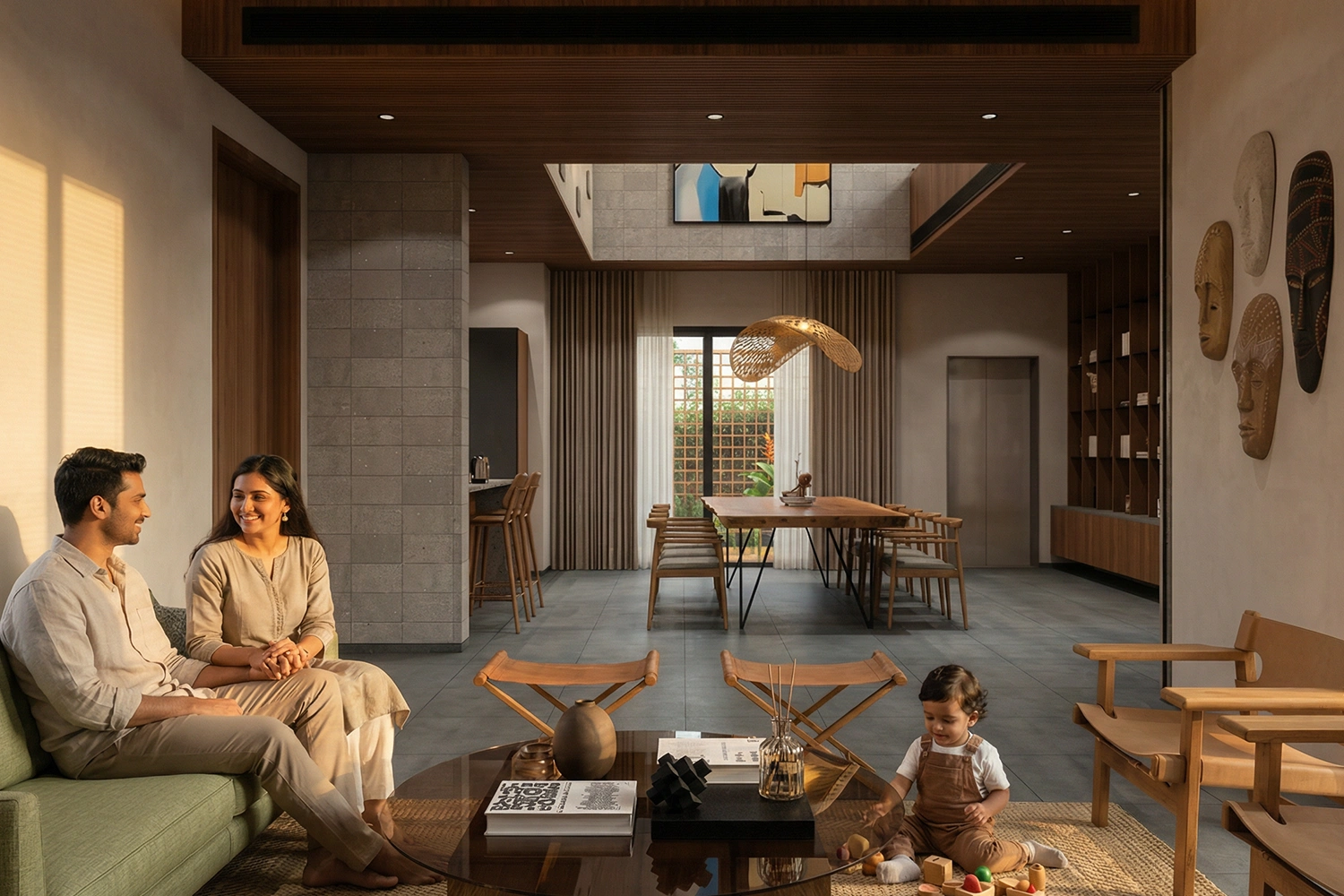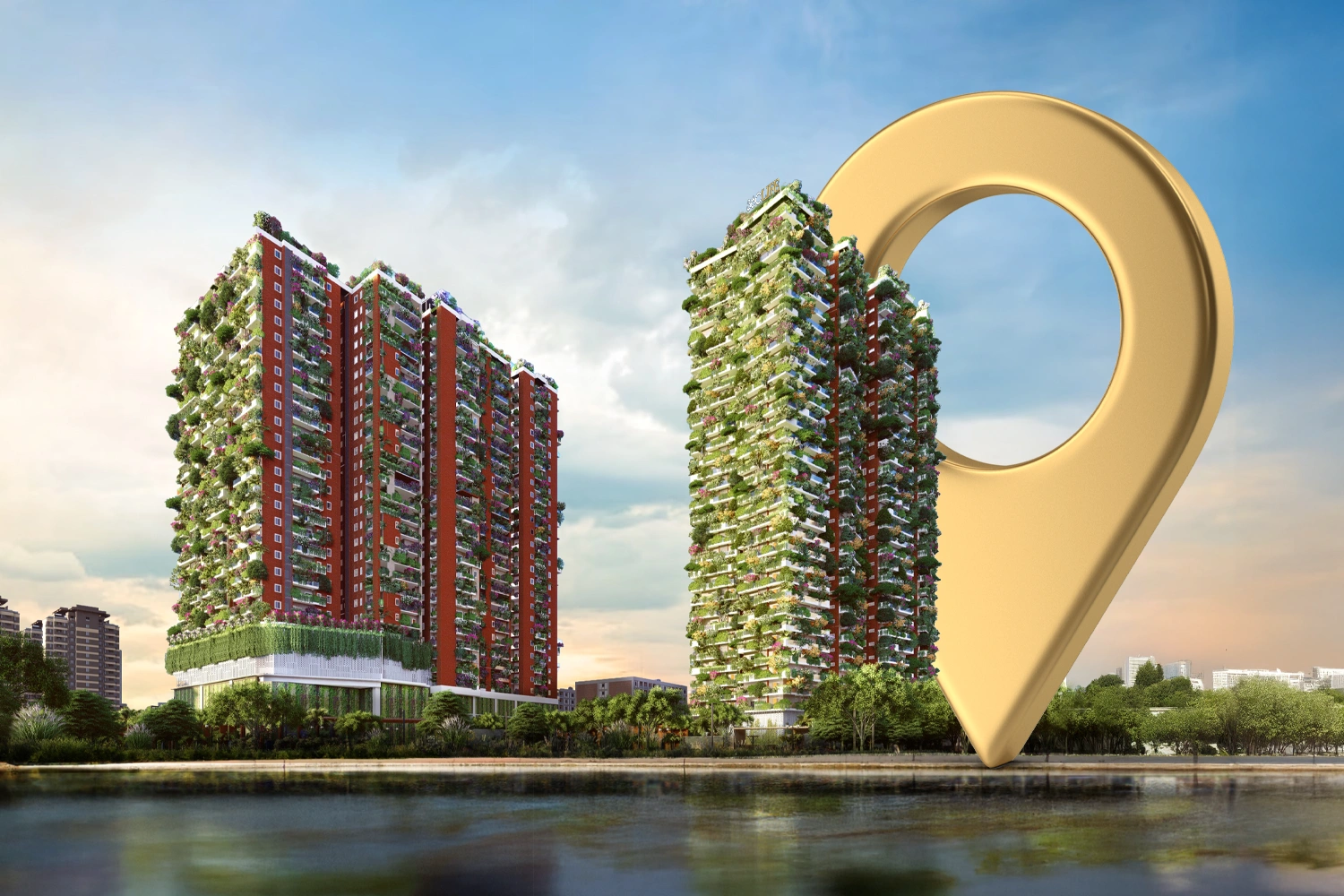Buying a property is one of the most significant financial decisions you will make in your lifetime. Whether purchasing a home for your family, investing in real estate, or buying a vacation retreat, careful consideration is essential to ensure a smooth and satisfying transaction.
Here are the top 10 things to keep in mind before buying a property:
Budget and Affordability:
Before purchasing a property, it’s crucial to establish a clear budget. This step is a significant milestone in the process. Proper planning is essential for making any major investment.
Start by listing all your expenses and evaluating your income to determine your monthly savings. Based on these savings, decide on an affordable EMI (Equated Monthly Instalment). This will help you calculate the loan amount you can realistically apply for. Additionally, assess your savings to determine how much you can allocate for a down payment. You can set a practical budget for buying your house with these figures.
Location:
Secondly, choosing the right location is vital when purchasing a property. The location significantly affects the property’s value, convenience, and lifestyle. Research the locality thoroughly by speaking with neighbours and gathering information about amenities, proximity to schools, workplaces, shopping centers, and public transportation. Evaluate future development plans and the overall desirability of the area. If you plan to rent out the property, the location will also determine the potential monthly rent you can charge.
Property Type and Features:
Decide on the type of property that suits your needs, whether it’s a villa or an apartment. Consider the size, layout, number of bedrooms and bathrooms, and any specific features or amenities important to you (e.g., garden, extra parking space, and balcony).
Condition and Age of the Property:
Always inspect the condition and age of the property thoroughly. Even if the property seems to be attractive outside, it’s imperative to understand the quality of materials used in the construction. Moreover, consider hiring a professional inspector to assess the structural integrity, plumbing, electrical systems, and overall maintenance needs.
Parking:
If you’re planning to buy a property, make sure to check for available parking spaces. Choosing a flat in a gated community often means you’ll have access to parking within the complex, which may be included in the deal or require a separate purchase or rental. Therefore, it’s important to set aside a specific budget for parking.
Power and water supply:
The consistency of power and water supply in your property is crucial for your overall comfort. Whether you’re purchasing a modest home or a luxurious property, it’s important to assess these utilities. Living in an area plagued by frequent power outages or in a gated community lacking water backup is less than ideal. Trusted real estate professionals can assist you in finding homes across different price ranges that offer reliable power and water supply.
Connectivity and traffic:
Once you check out the social infrastructure, consider the connectivity of the property to your workplace. Besides, it’s wise to buy a house in a locality from where you can reach the places of interest around the city. Consider the traffic situation and the network of roads, so that you can easily navigate to other parts of the city.
Legal Due Diligence:
Verify all the legal aspects are in order before proceeding with the purchase. Make sure property ownership, title deeds, zoning regulations, and any potential legal issues or disputes. Consult with a real estate attorney to review contracts and agreements to protect your interests.
Financing Options:
Explore different financing options available to you, including mortgages, loans, and down payment requirements. Compare interest rates, terms, and conditions offered by various lenders to secure the most favourable financing package.
Resale Value and Investment Potential:
Furthermore, evaluate the property’s resale value and investment potential. Research on market trends, property appreciation rates in the area, and potential future developments that could affect property values. Consider the long-term value of your investment.
Conclusion:
To conclude, buying a property requires careful planning, research, and attention to detail. By keeping these top 10 considerations in mind, you can navigate the real estate market confidently and make a well-informed decision that suits your financial, lifestyle, and investment objectives. Whether purchasing a home for yourself or as an investment, thorough preparation ensures a successful and rewarding property purchase experience.





